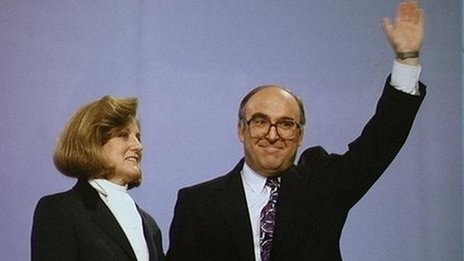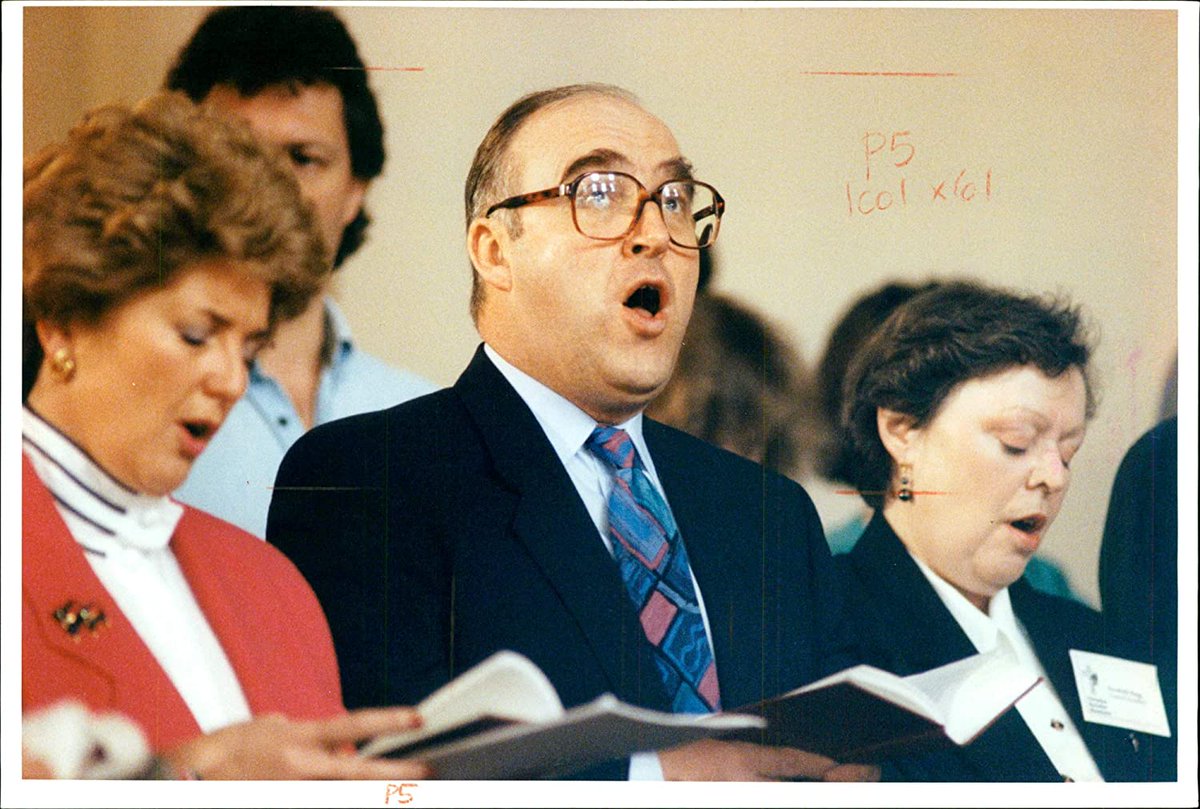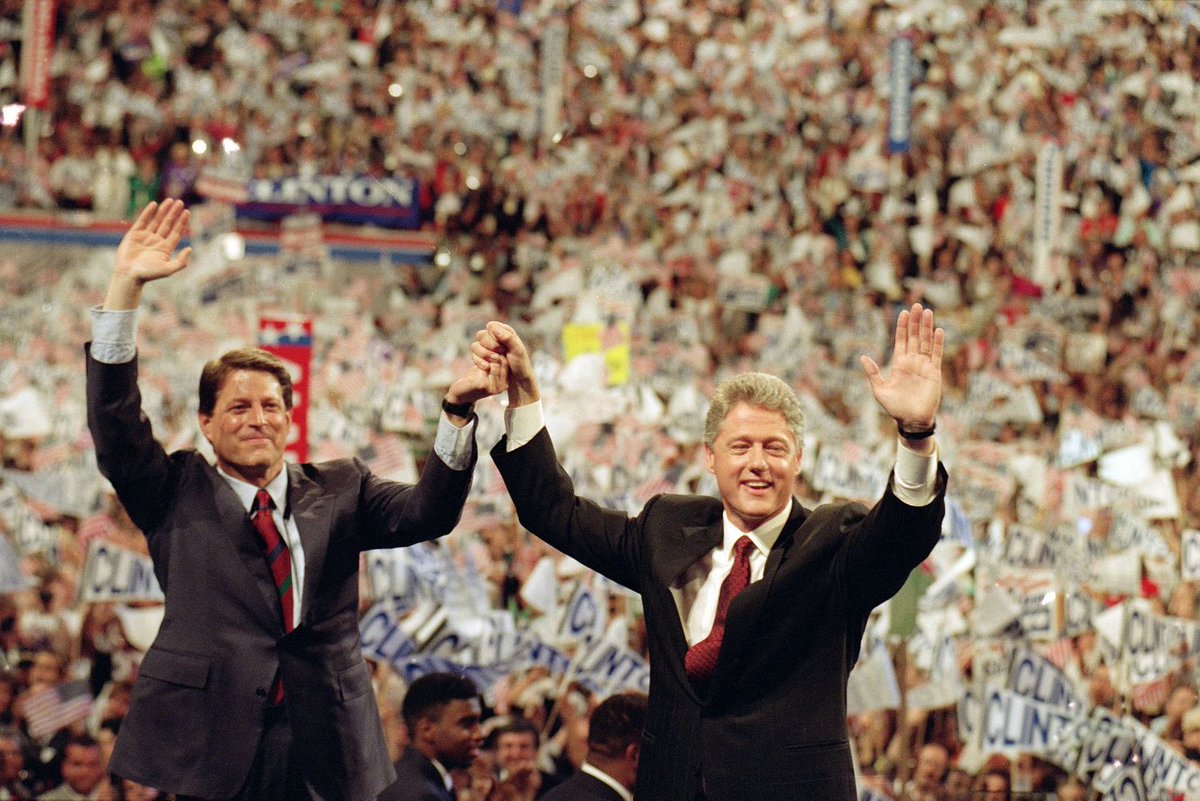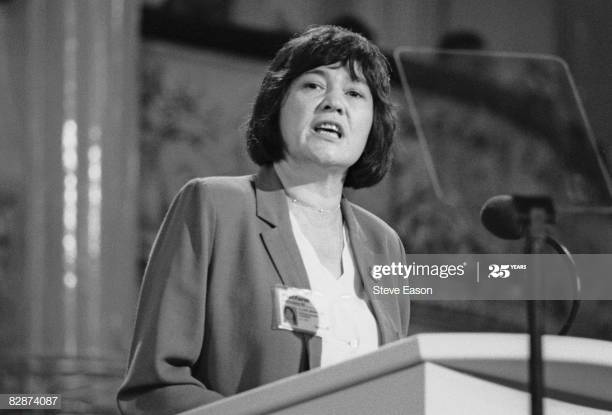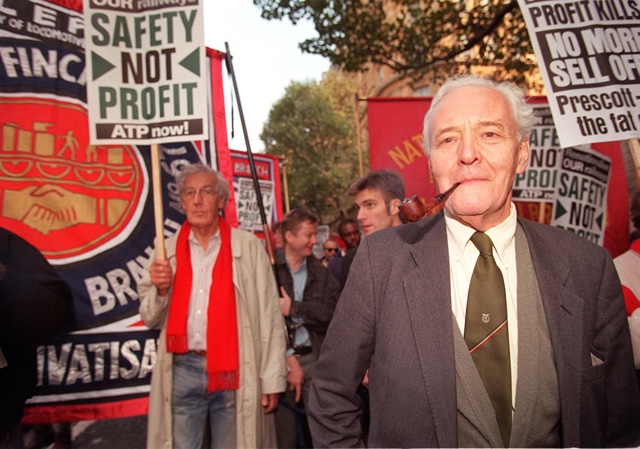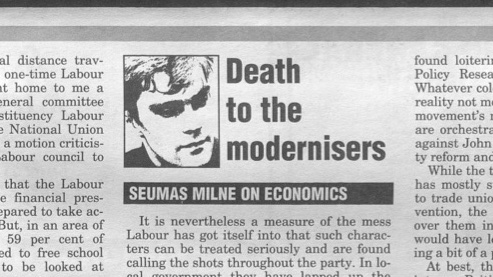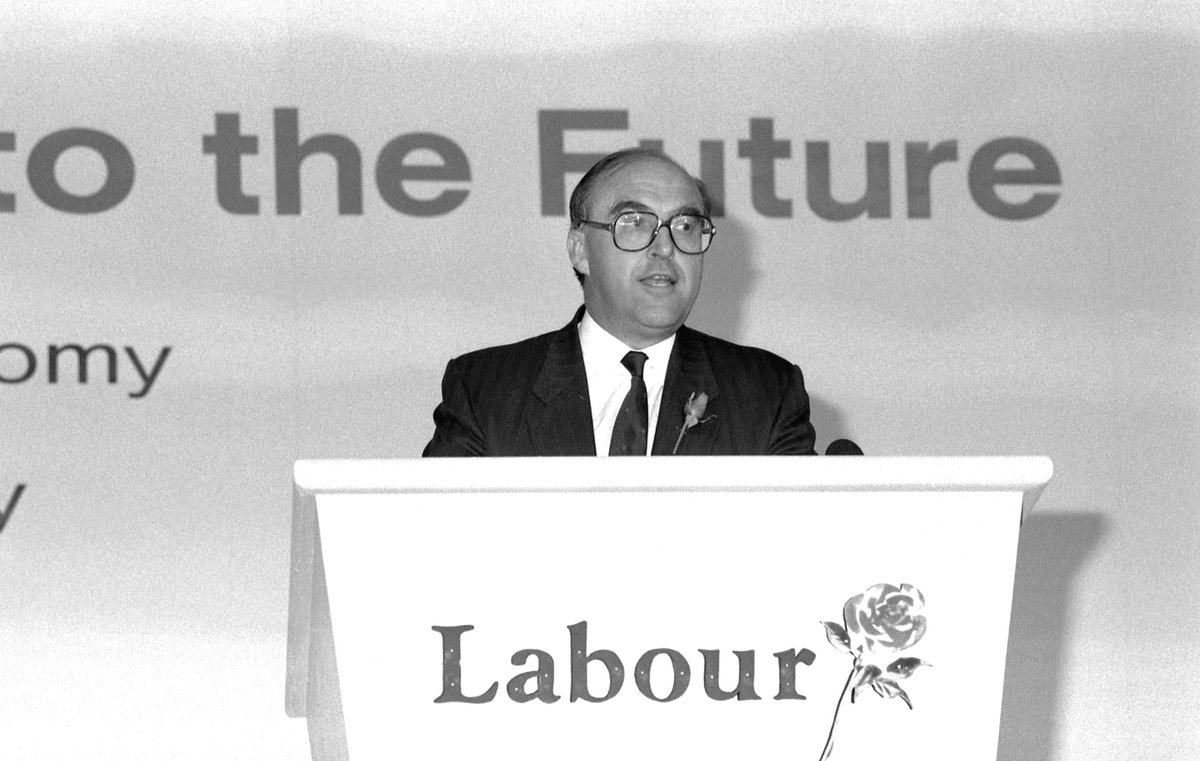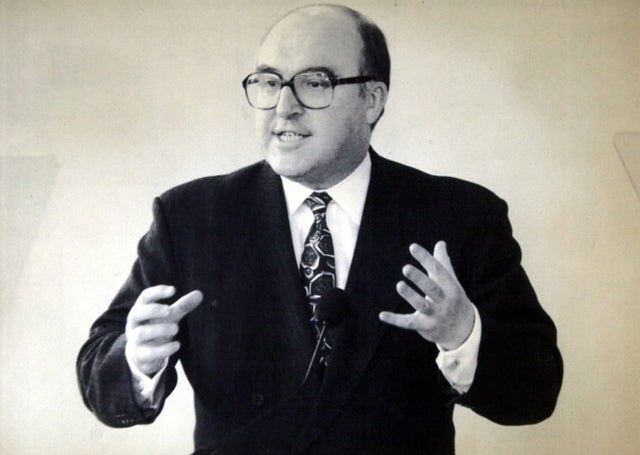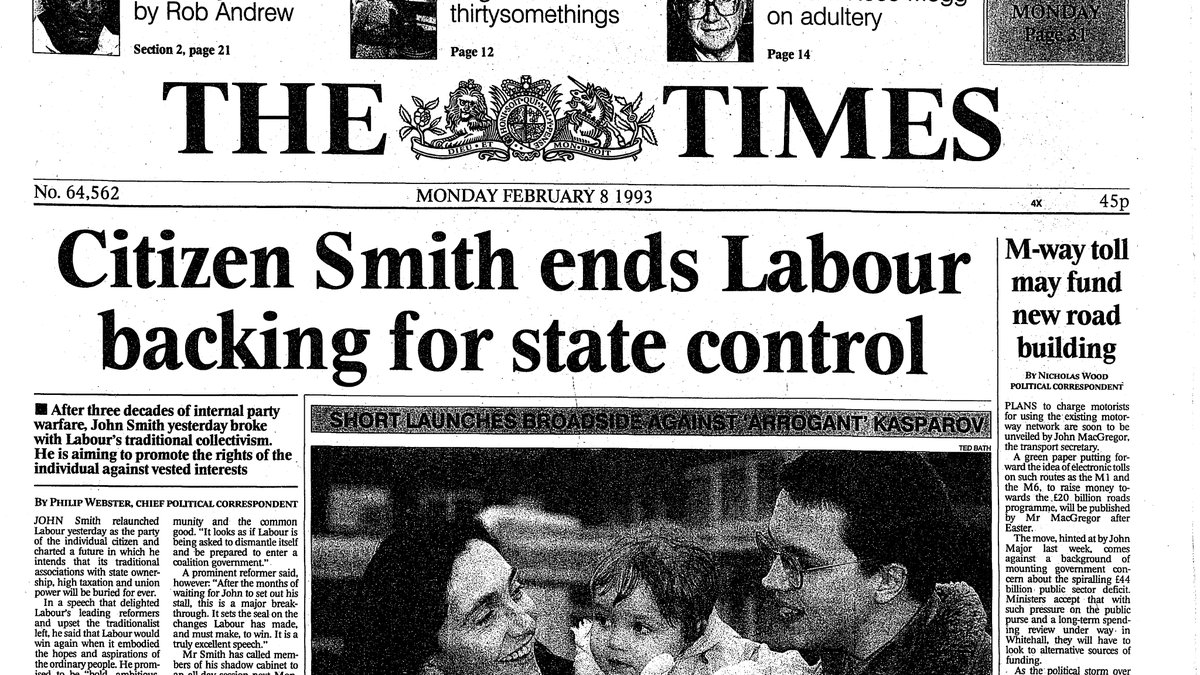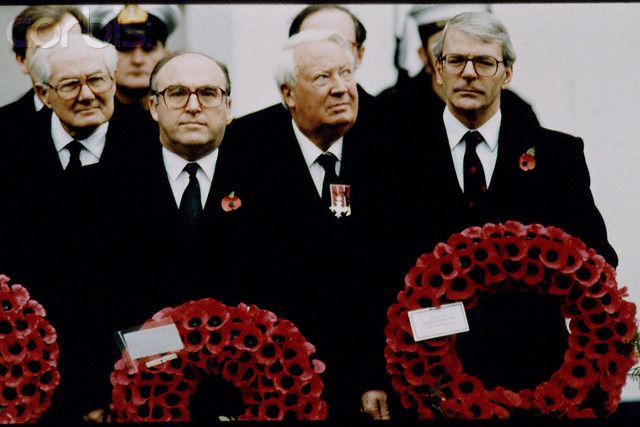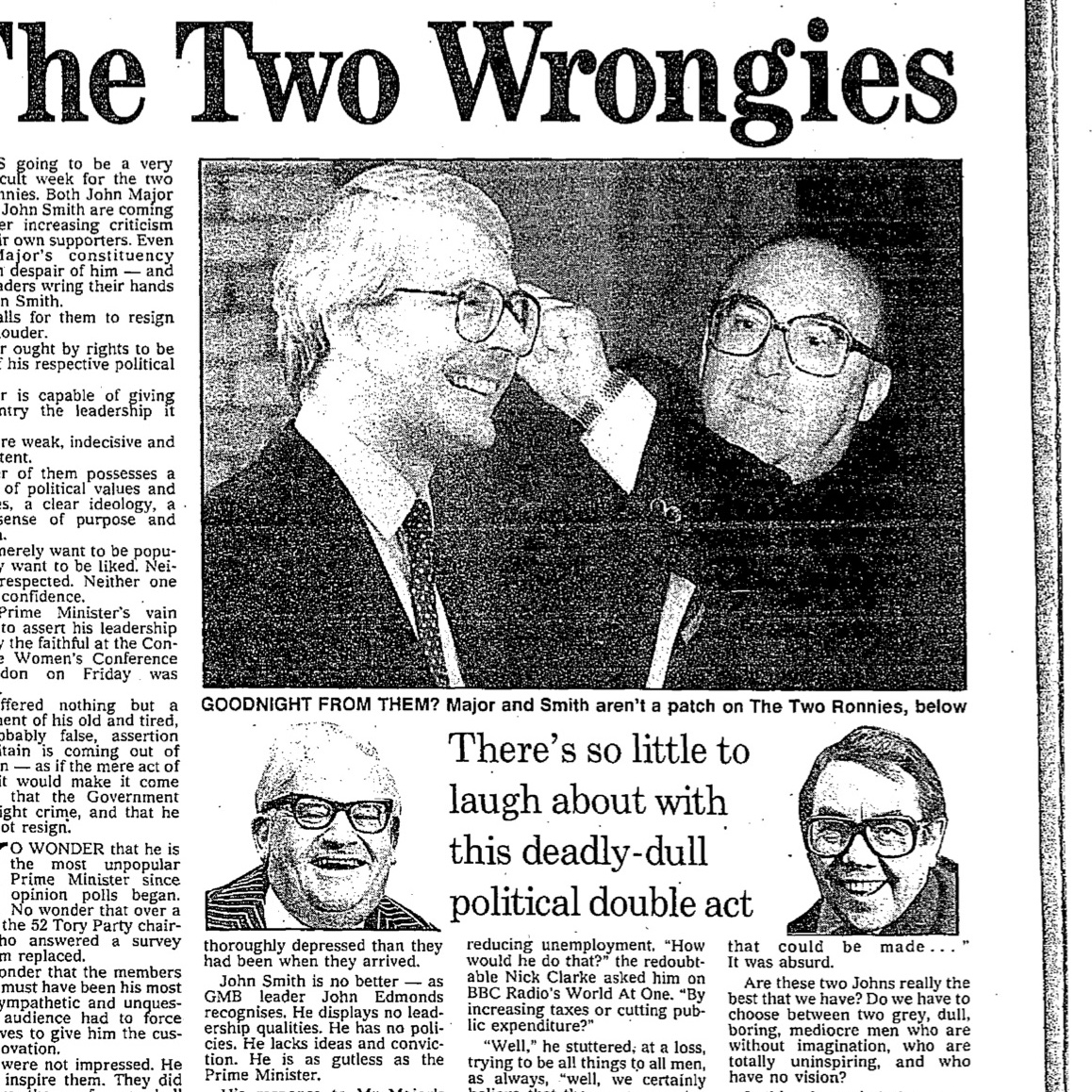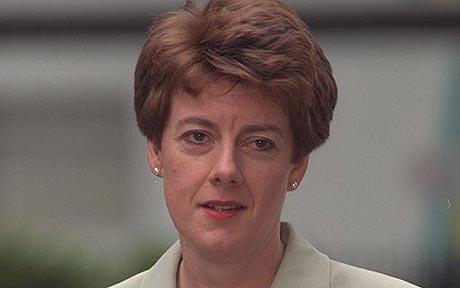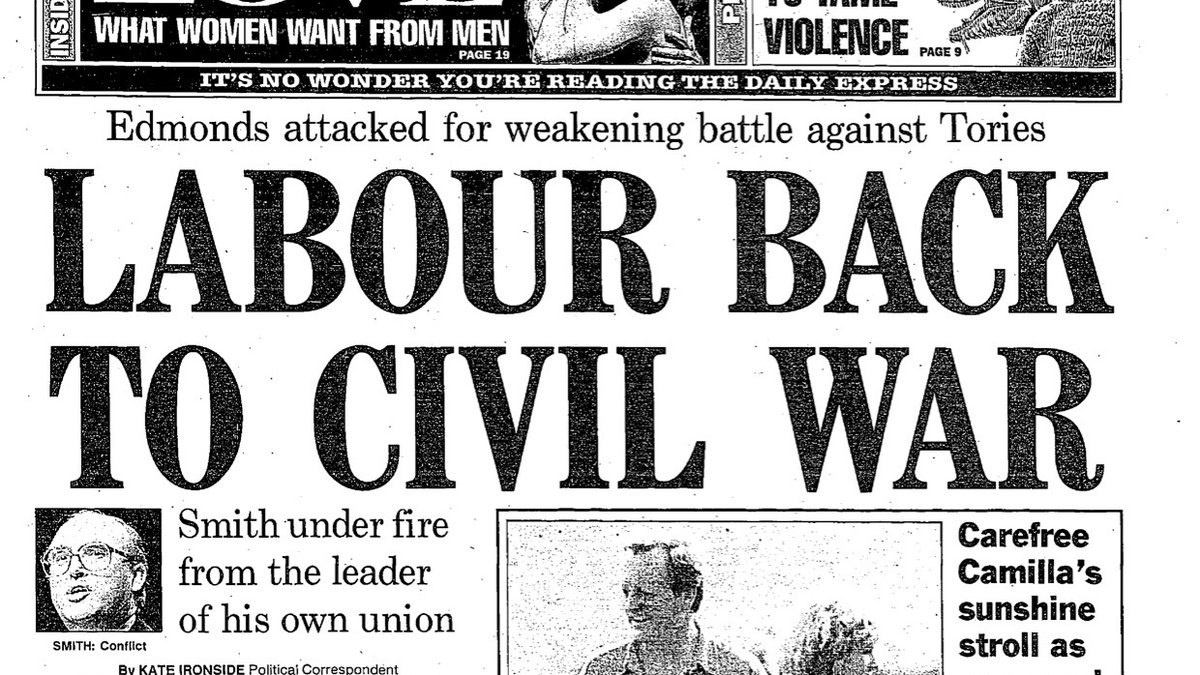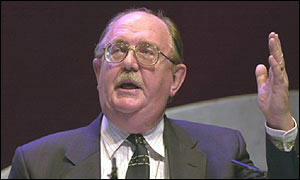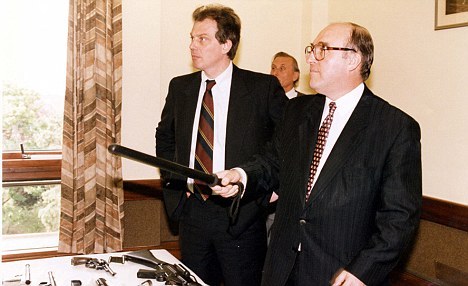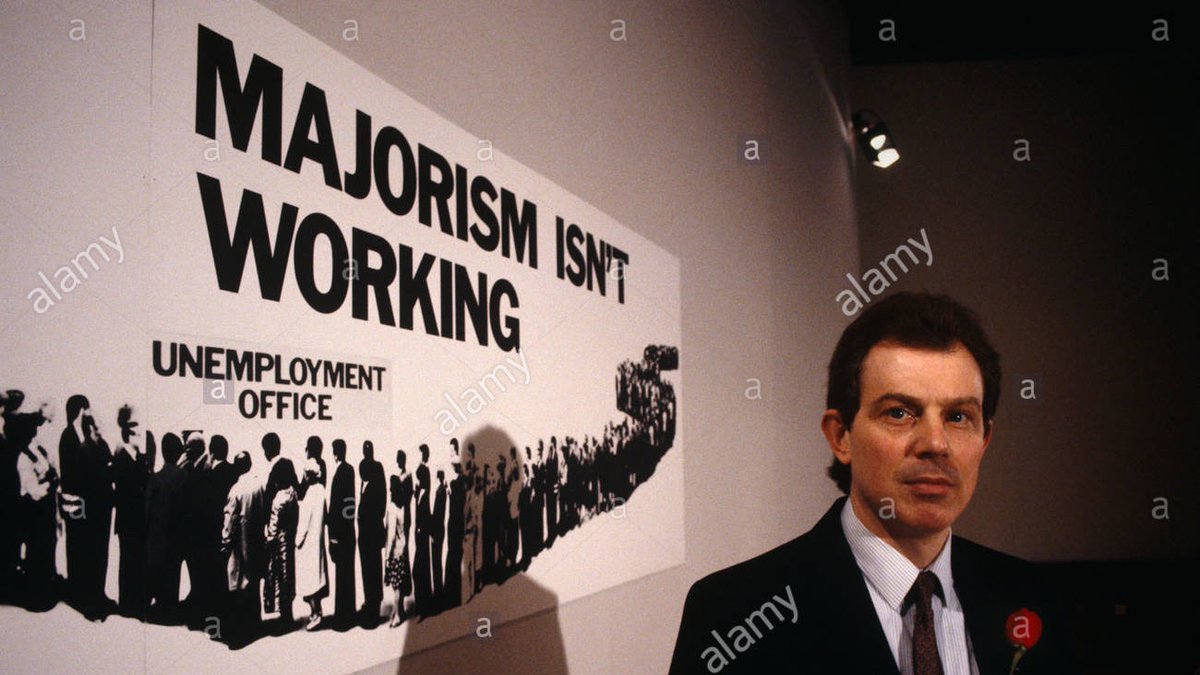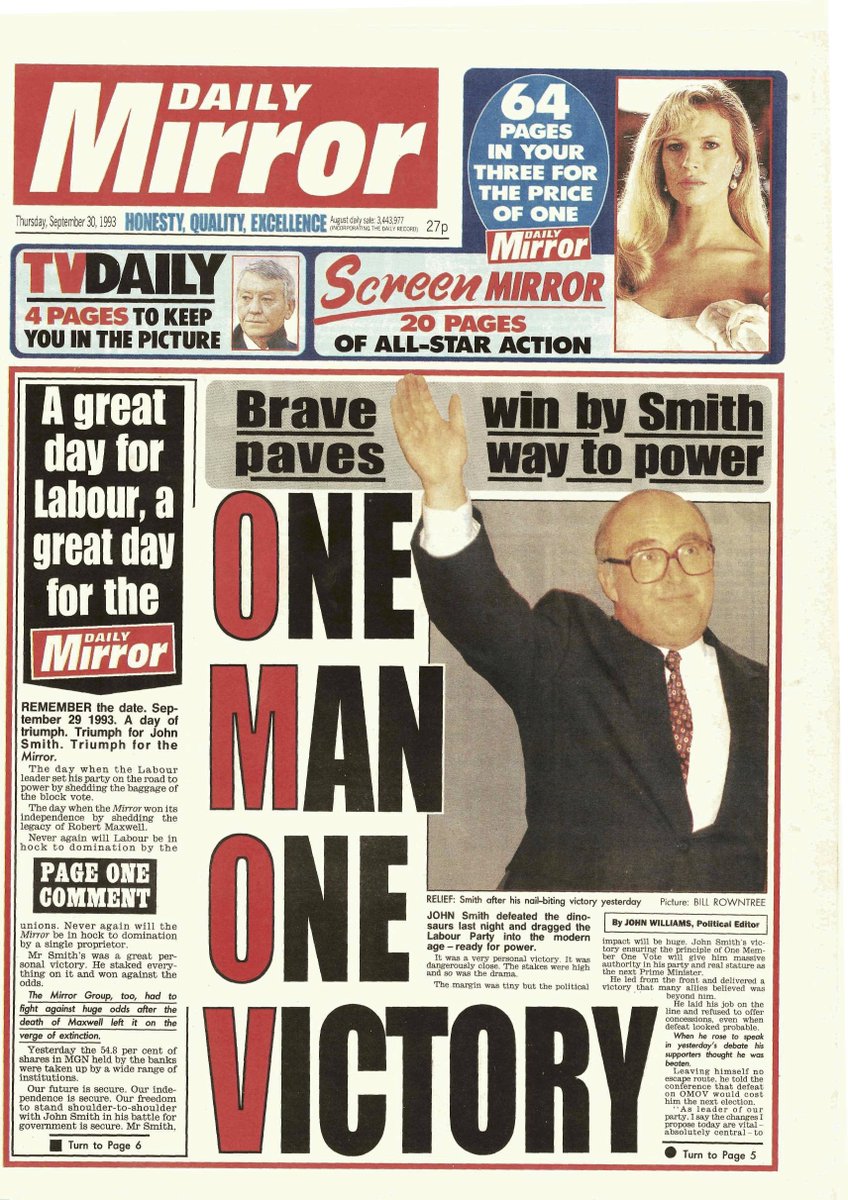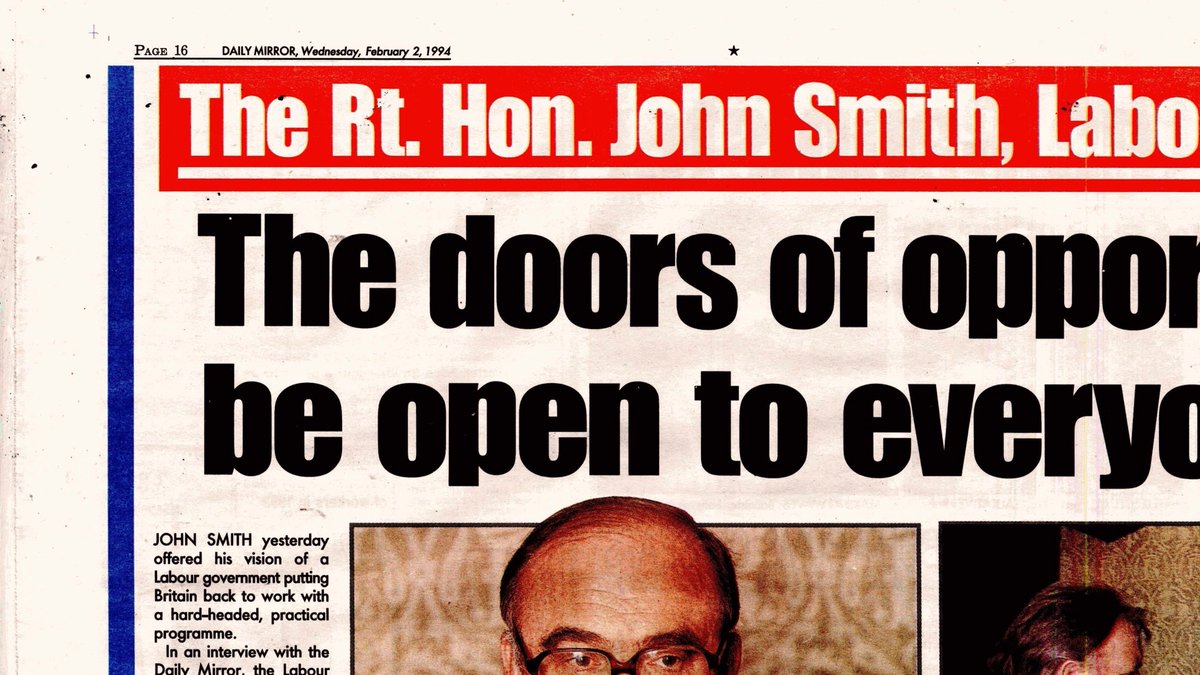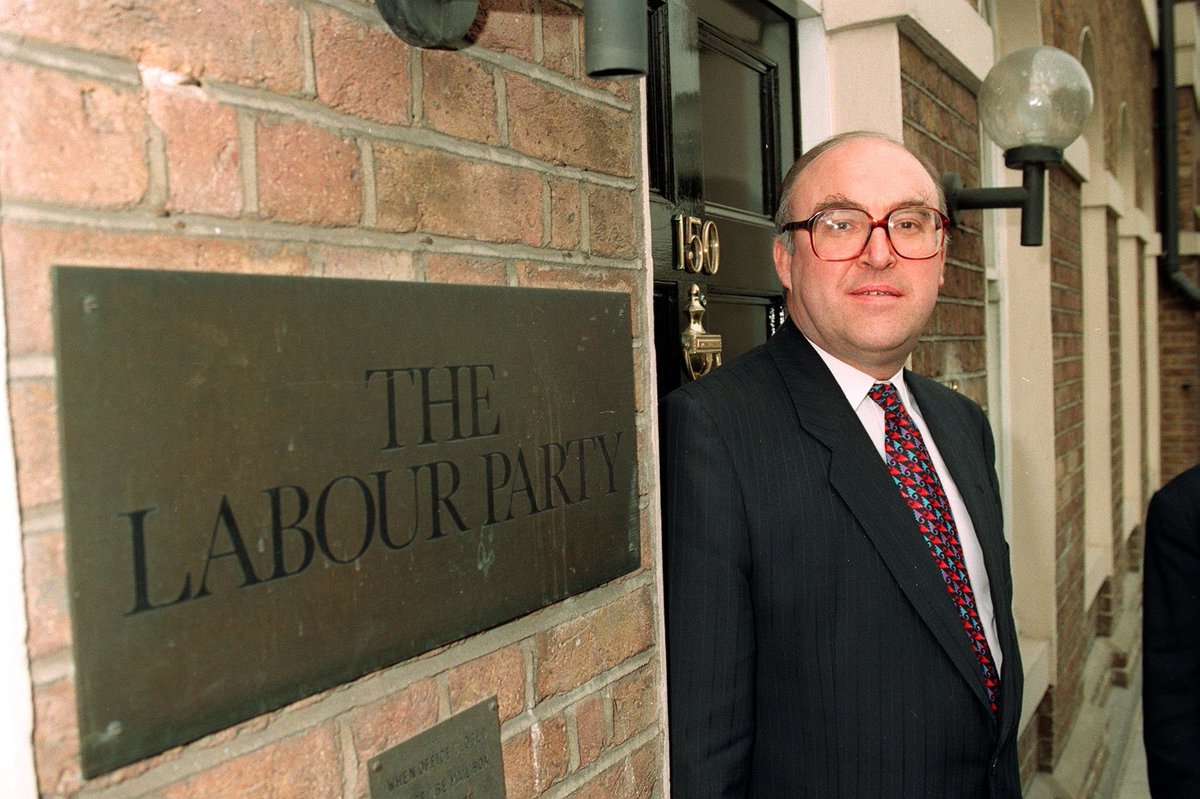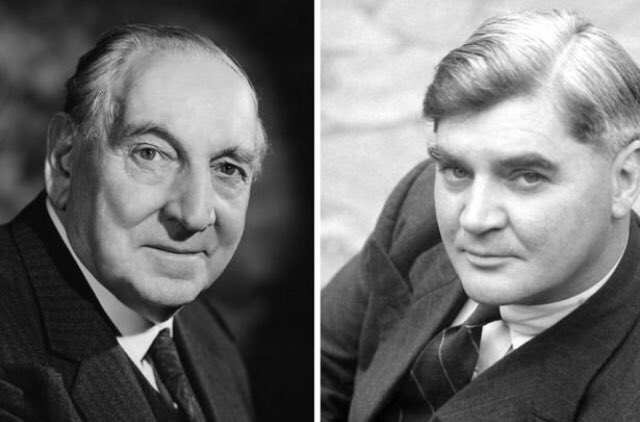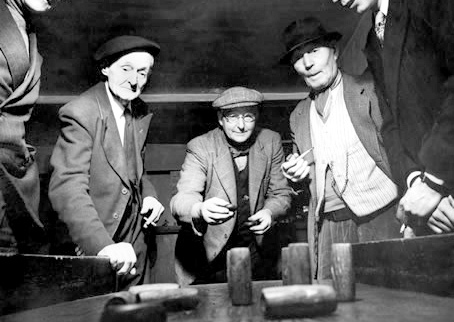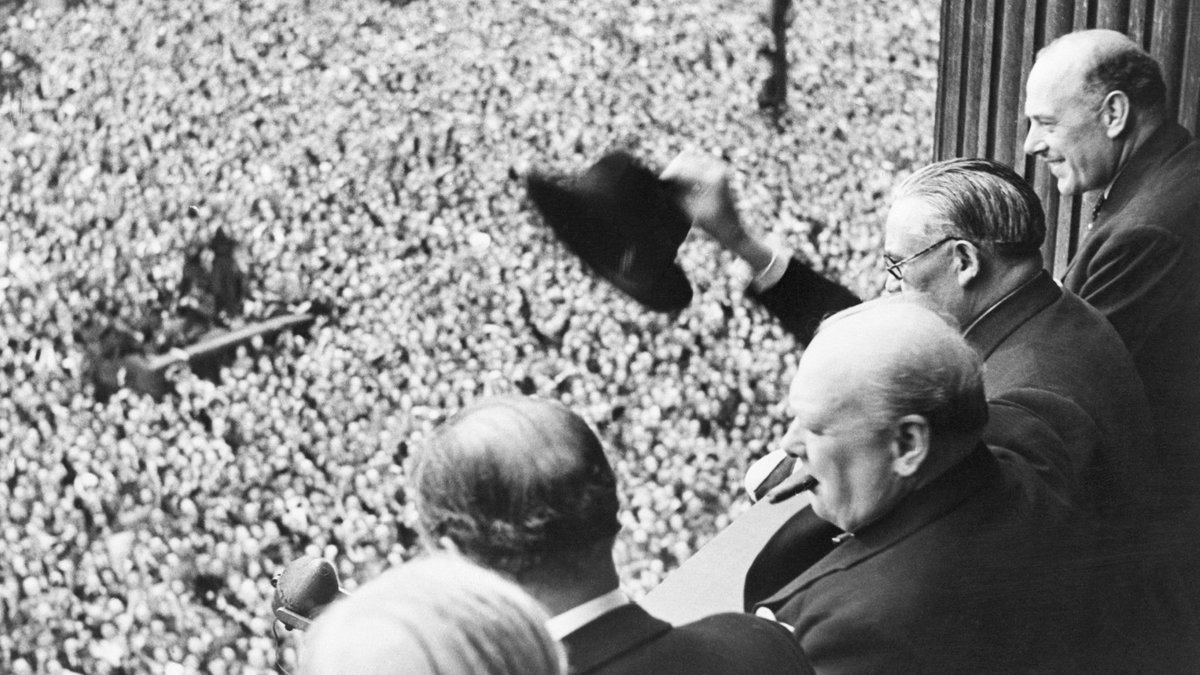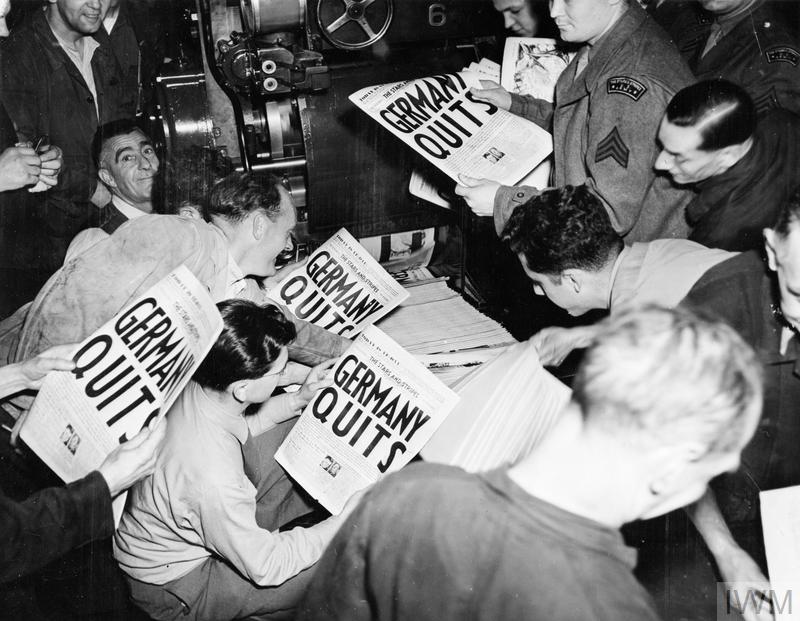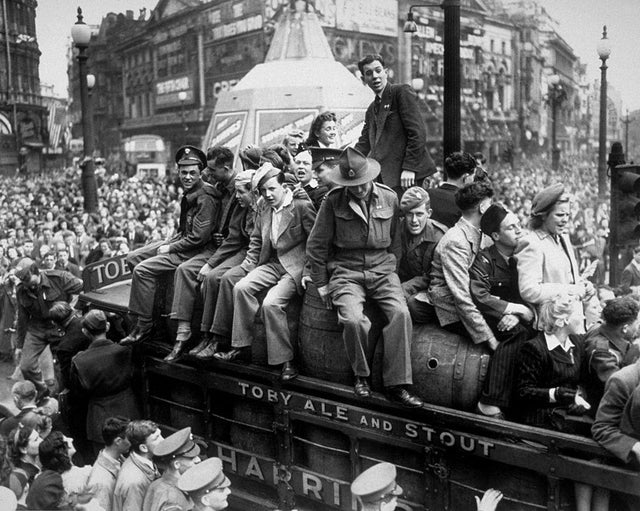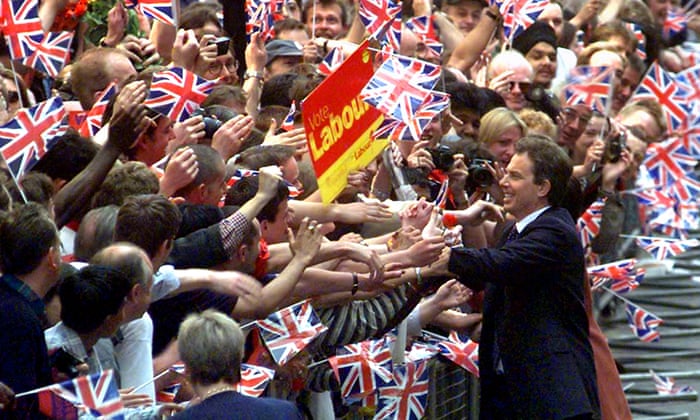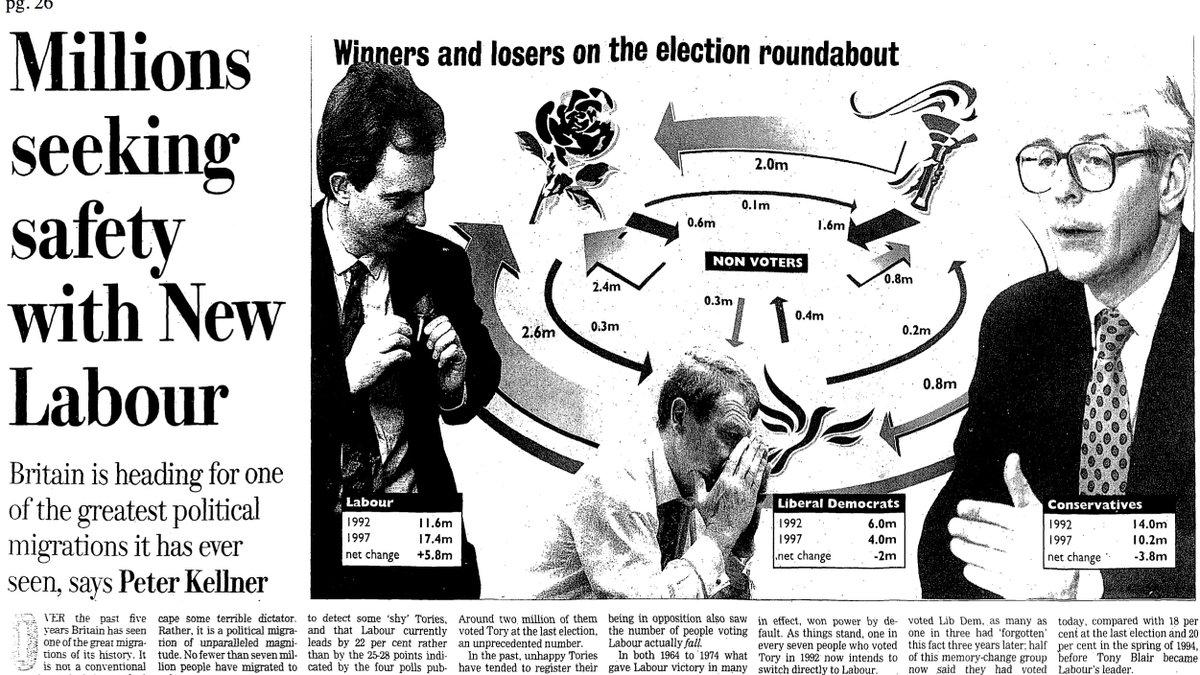Having been ahead by 20% in the polls, he was expected to lead the party to victory at the 1997 election.
A look back at his leadership
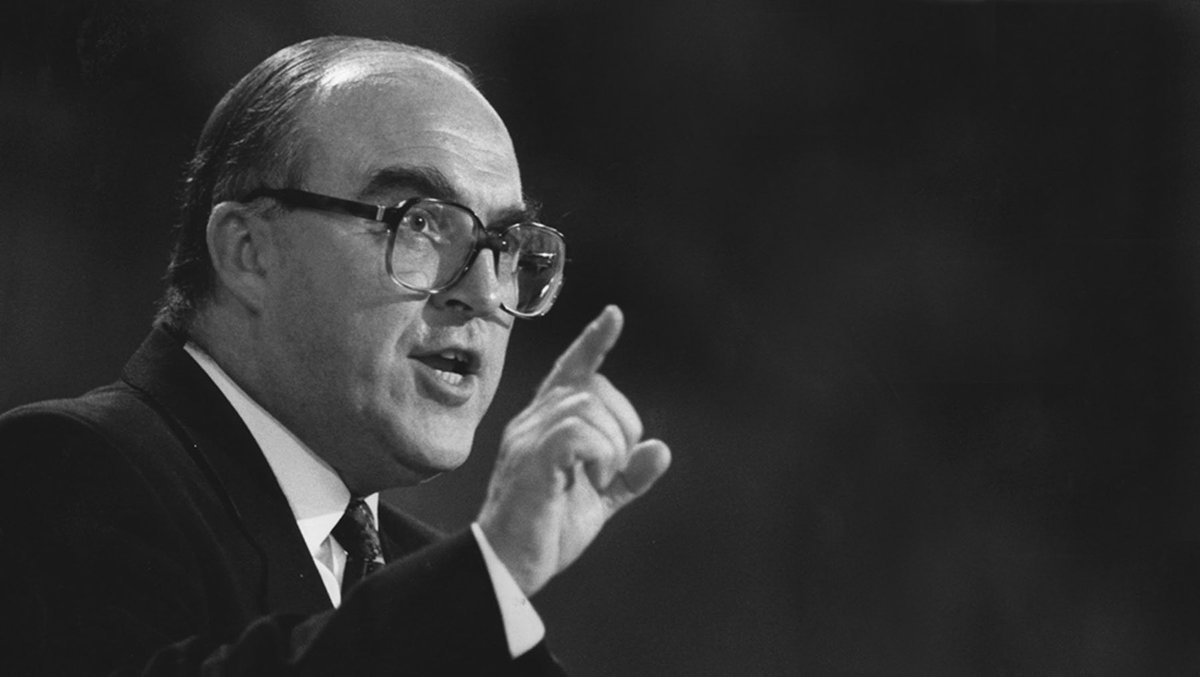
tidesofhistory.wordpress.com/2020/01/07/bri…
inews.co.uk/news/politics/…
Much attention focussed on ‘the modernisers’ and the drive to move the party to the centre-ground.
‘Markets need the stimulus of the empowered consumer: government needs the stimulus of the participating electorate’
Writing in the Daily Mirror, @campbellclaret heralded the speech ‘a new dawn’ for Labour.
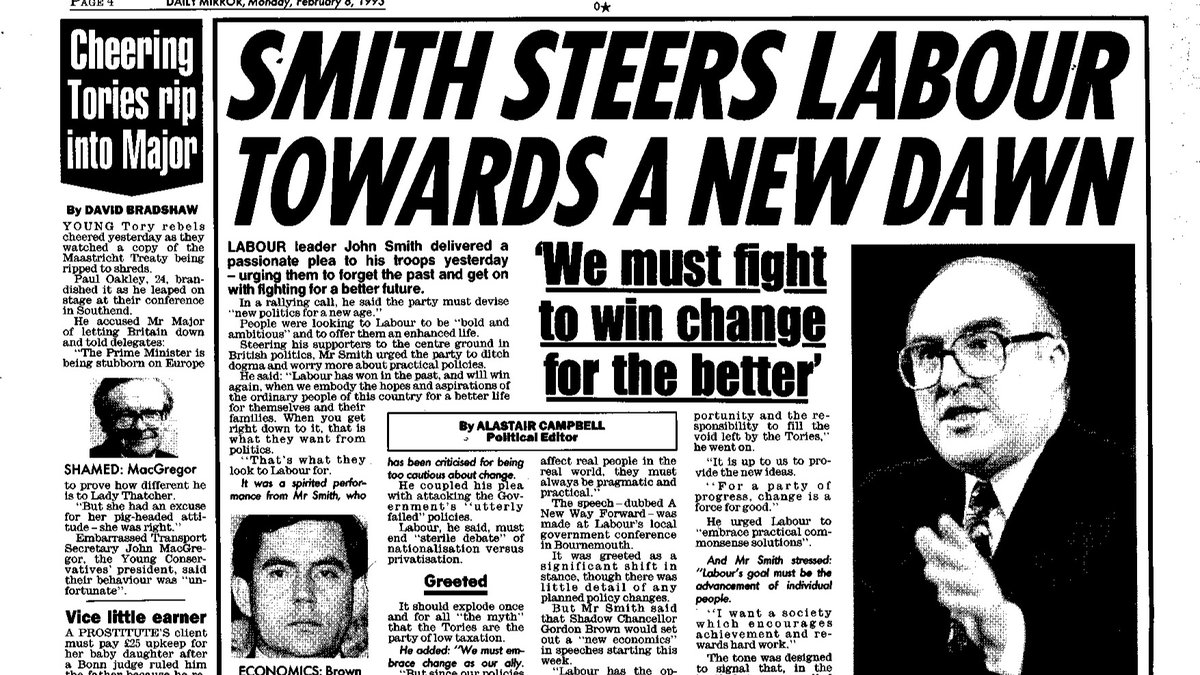
‘John Smith did the easy bit - telling the party and the wider electorate what the Labour Party is not. Virtually no one in the Labour Party over the last decade has seriously argued for wholesale nationalisation or questioned the need for a mixed economy’
‘a year into Joh Smith’s leadership, the Labour Party has real problems. But, whatever his critics say, he is not one of them…the party seems not to know what it believes in’.
‘Activists complain that the party stands for nothing. Modernisers worry about its lack of appeal to middle- of-the-road voters’.
Smith went on the attack, telling the TUC conference of goals of a minimum wage, full employment and skills training if Labour were elected.
'Don't make any mistake: this debate is being watched throughout the country. The press are waiting to see what is going to happen’
FOR: NUPE, AEEU, USDAW, COHSE, UCW, RMT, ISTC, TSSA, BFAW
The proportion believing a Labour Government would be "under the thumb of the trade unions" fell to 42 % from 65 %.
'This is a great responsibility I have, both to win the next election and to make sure it is an extremely successful Labour government that not only wins that election but the one after that. We need two terms'

